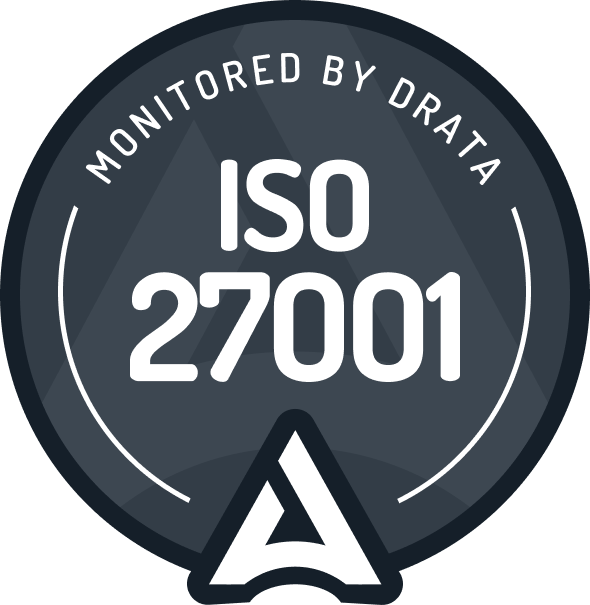New Legislation Impact
.png)
In recent years, there has been a notable uptick in the frequency of wage remediation projects across Australia. Numerous prominent Australian companies, across various industries have undertaken extensive projects, investing significant internal and external resources to rectify historical payroll errors.
In 2024, we anticipate a continuation of this trend, driven by heightened awareness and understanding of payroll challenges, coupled with an assertive regulatory stance and forthcoming legislation criminalising wage theft. As a result, businesses of all sizes are expected to face an amplified demand for remediation efforts.
Yet, for mid-sized and smaller businesses, conducting precise remediation proves daunting and costly, often lacking the resources available to larger corporations. This can result in unnecessary expenses, potentially exceeding the actual underpayment amounts.
PaidRight offers a wage remediation solution tailored to the needs of mid-sized and smaller businesses, providing a faster and cost-effective approach to efficiently undertake and complete remediation projects. With our innovative platform, businesses can streamline the remediation process, ensuring accuracy and compliance while saving valuable time and resources.
Having an active regulator with clear intentions to investigate employers
The Fair Work Ombudsman (FWO) recovered $509 million for 251,475 underpaid workers in 2022-23 – the second consecutive year of more than half a billion dollars in underpayments recovered. Fair Work Ombudsman Anna Booth said the regulator continues to deliver strong recovery results because of its consistent work addressing underpayments in large employers.
During 2023-24, the FWO has stated prioritising underpayments and workplace protections in the following sectors: agriculture, building and construction, care, fast food restaurants and cafes along with large corporations and universities.
Criminalising ‘wage theft’
Part 1 of the Closing the Loopholes Bill has passed, with the criminalisation of wage theft coming into effect from 1 January 2025. Employers may now commit a criminal offence if they intentionally engage in conduct that results in underpayment of employee entitlements under the Fair Work Act or a Fair Work instrument.
Penalties will include:
- A maximum of 10 years’ imprisonment,
- And/or a maximum fine of the greater of: 3 times the amount of the underpayment, if the court can determine that amount; or $1,565,000 for an individual or $7,825,000 for a body corporate.
These laws do not apply to employers who: Unintentionally underpay their employees; or pay incorrect amounts by mistake.
What are the impacts of an active regulator and new wage theft laws?
With the proactive stance of the regulatory body and the implementation of stringent penalties for wage theft, we anticipate a surge in investigations into payroll practices across businesses of all sizes led by uncertain boards and executives that are liable for wage underpayments. This heightened scrutiny is poised to unearth previously unseen errors and discrepancies in employee pay, leading to thorough remediation efforts to rectify any underpayments.
So what does this mean for the small to mid market?
Traditional methods are not appropriate for small and medium sized businesses, they do not have the extensive resources that large corporations have to meticulously review six years of records. Wage remediation projects have historically been resource-intensive, requiring substantial investments in internal manpower and external advisory services. As a result, businesses face significant costs and logistical challenges in ensuring compliance and rectifying discrepancies in employee compensation.
How PaidRight’s wage remediation solution is different, and better
At PaidRight, we've revolutionised the wage remediation process with an innovative, self-serviceable platform designed to deliver swift and cost-effective outcomes. Our approach centres on pragmatism, focusing on what truly matters to expedite the remediation process efficiently.
We've structured our solution into three essential parts:
- Rapid Initial Result: Unlike traditional methods that may take weeks to build models, we jumpstart the process by utilising default pay models to deliver an initial result in under a week. This accelerated timeline ensures that businesses can swiftly assess their remediation needs without delay.
- Issue Investigation: We prioritise issues that have a material impact on the back payment figure. During this phase, we refine interpretations, adjust business logic, and address data gaps to ensure accuracy and completeness. Our goal is to collaborate closely with businesses until they are satisfied and ready to proceed with payments.
- Generating Payment Files: Once businesses are prepared to make payments, we seamlessly generate payment files, streamlining the final steps of the remediation process. Our platform ensures efficiency and accuracy, enabling businesses to navigate wage remediation with confidence and ease.
With PaidRight, businesses can trust in a solution that not only accelerates the remediation journey but also delivers tangible cost savings compared to traditional methods. Our automated platform empowers businesses to take control of their remediation efforts, providing a faster, more efficient, and ultimately more cost-effective solution for addressing historical payroll issues.
With PaidRIght medium business can fix historical issues quickly and accurately and be confident moving into the new legislative environment.
Learn more here - https://www.paidright.io/wage-remediation




.png)


.png)













.webp)

.webp)